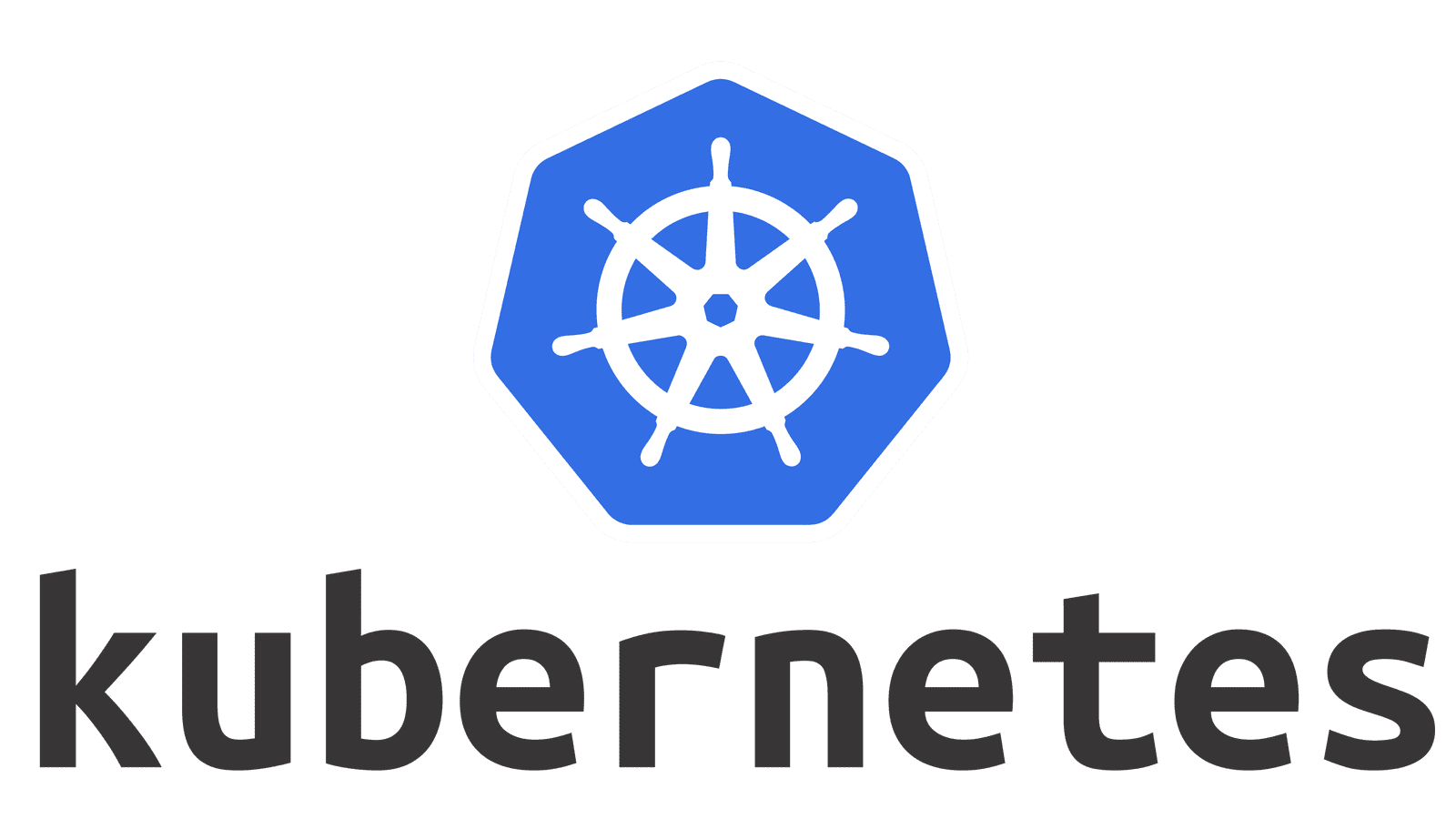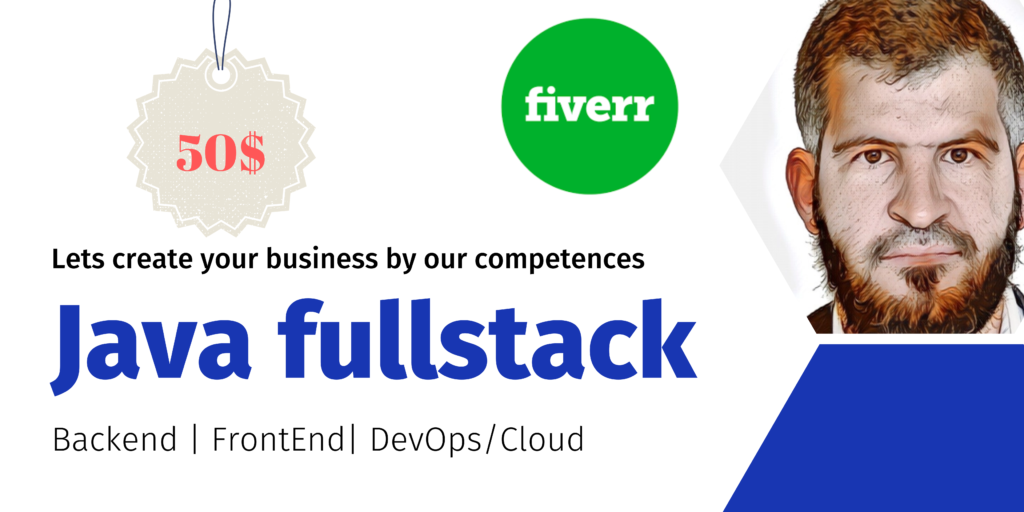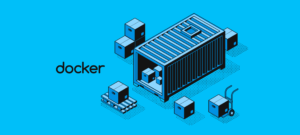In the world of DevOps, where the deployment of applications and services must be rapid, reliable, and scalable, containerization has emerged as a game-changer. Containers provide a consistent and lightweight environment for applications to run, ensuring that they behave the same way, regardless of the infrastructure. However, managing containers at scale can be complex. This is where Kubernetes comes into play. In this article, we’ll explore Kubernetes, the container orchestration platform that is revolutionizing the world of DevOps.
The Rise of Containers
Containers have transformed the way applications are developed, deployed, and managed. They package applications and their dependencies, such as libraries and configuration files, into a single, consistent unit. This unit, known as a container, is isolated from the host system and can run consistently across various environments, from a developer’s laptop to a production server.
The advantages of containers include:
- Portability: Containers run consistently in any environment, whether it’s a developer’s laptop, a test server, or a production cluster.
- Isolation: Containers are isolated from each other and the host system, preventing conflicts between applications.
- Efficiency: Containers are lightweight and start quickly, making them efficient for both development and production use.
Container Orchestration Challenges
While containers have simplified many aspects of application deployment, managing them at scale presents several challenges:
- Scaling: When you need to run multiple instances of a container across different machines, you must handle load balancing and resource allocation.
- Resilience: In a production environment, containers can fail. Orchestration tools must ensure that failed containers are replaced quickly to maintain service availability.
- Service Discovery: Containers need to discover and communicate with each other. Service discovery tools are necessary to make this process seamless.
- Resource Management: Managing resources efficiently across a cluster of machines can be complex. Containers should be allocated resources based on their needs.
Introducing Kubernetes
Kubernetes, often abbreviated as K8s, is an open-source container orchestration platform developed by Google. It provides a powerful solution to the challenges of container management at scale.
Here are the key features and components of Kubernetes:
- Container Orchestration: Kubernetes automates the deployment, scaling, and management of containerized applications.
- Nodes and Pods: Kubernetes clusters consist of nodes, which are the machines where containers run. Containers are grouped into units called pods, and multiple pods can run on a single node.
- Service Discovery: Kubernetes provides built-in service discovery and load balancing to ensure that containers can easily find and communicate with each other.
- Scaling: You can scale your application up or down by adjusting the number of replicas you want to run.
- Self-Healing: If a container fails, Kubernetes automatically replaces it to maintain the desired state.
- Resource Management: Kubernetes allocates CPU and memory resources to containers, ensuring fair and efficient resource usage.
- Declarative Configuration: You define the desired state of your application in configuration files, and Kubernetes works to maintain that state.
Benefits of Kubernetes in DevOps
Kubernetes has numerous advantages in a DevOps environment:
- Scalability: Kubernetes scales applications effortlessly to meet changing demands. Whether it’s an increase in user traffic or a need for more processing power, Kubernetes can handle it.
- Resilience: Kubernetes enhances application availability by automatically replacing failed containers. This self-healing capability reduces downtime.
- Consistency: Kubernetes provides a consistent environment for applications, ensuring that they run the same way in all stages of the development lifecycle.
- Efficiency: The efficient use of resources leads to cost savings. Kubernetes manages resource allocation, reducing waste.
- Extensibility: Kubernetes can be extended through its ecosystem of plugins, making it versatile and adaptable to a wide range of use cases.
Conclusion
Kubernetes has become the de facto standard for container orchestration in DevOps. It empowers organizations to deploy, manage, and scale containerized applications efficiently and reliably. By using Kubernetes, DevOps teams can focus on delivering value to users while leaving the complexities of container management to the platform. As DevOps practices continue to evolve, Kubernetes is at the forefront, enabling teams to achieve success in the world of containerized applications.






